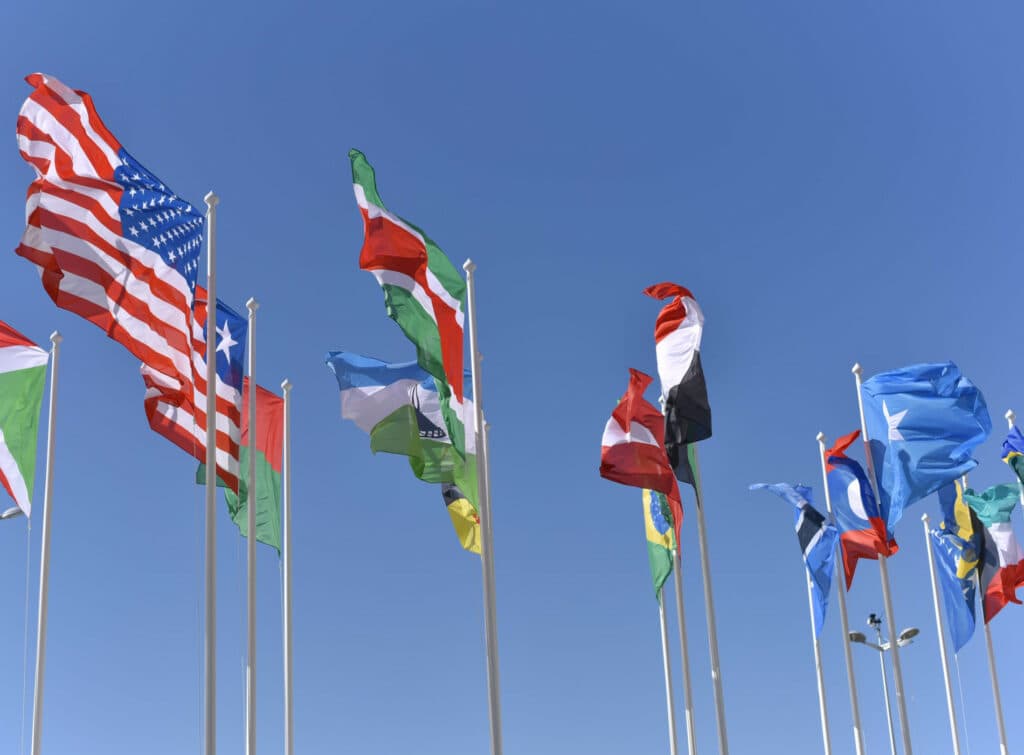
International law and self-determination
The right of peoples to establish an independent state.
The right of all peoples to self-determination is one of the core principles of international law and, by virtue of its erga omnes status, it is the responsibility of all states to ensure that this right is realised. The obstruction or violation of this principle, particularly through the use of force, constitutes a very serious violation of international law.
In the opening chapter of the UN Charter, respect for the right to self-determination of peoples is mentioned as one of the purposes of the United Nations.
UN Charter definition
The right to was confirmed by the UN General Assembly in the Declaration of Friendly Relations, which was unanimously adopted in 1970 and is considered an authoritative indication of customary international law. Article 1, common to the International Covenant on Economic, Social and Cultural Rights (ICESCR) and the International Covenant on Civil and Political Rights (ICCPR), reaffirms the right of all peoples to self-determination, and lays upon state parties the obligation to promote and to respect it.
The right to self-determination was first recognised in the context of decolonisation. However, numerous human rights instruments, including conventional law, as well as several General Assembly Resolutions and state practice, have extended its application beyond the colonial context, for example to South Africans under the apartheid regime. Some scholars also affirmed its application to analogous cases, such as peoples under belligerent occupation.
Criteria for the right to self-determination
A people can be said to have realised its right to self-determination when it has either (1) established a sovereign and independent state; (2) freely associated with another state; or (3) integrated with another state after having freely expressed its will to do so. This definition of realisation of self-determination was confirmed in the Declaration of Friendly Relations.
The principle of self-determination outlines not just the duty of states to respect and promote the right, but also the obligation to refrain from any forcible action which deprives peoples of the enjoyment of such a right. In particular, the use of force to prevent a people from exercising its right to self-determination is regarded as illegal and has been consistently condemned by the international community.
The obligations flowing from the principle of self-determination have been recognised as erga omnes, namely existing towards the international community as a whole. The International Court of Justice (ICJ) has reiterated the erga omnes status of the general principle of self-determination in its Advisory Opinion on the Wall.
In addition, scholars and commentators have indicated that the principle has acquired the status of jus cogens – a peremptory norm of international law.



